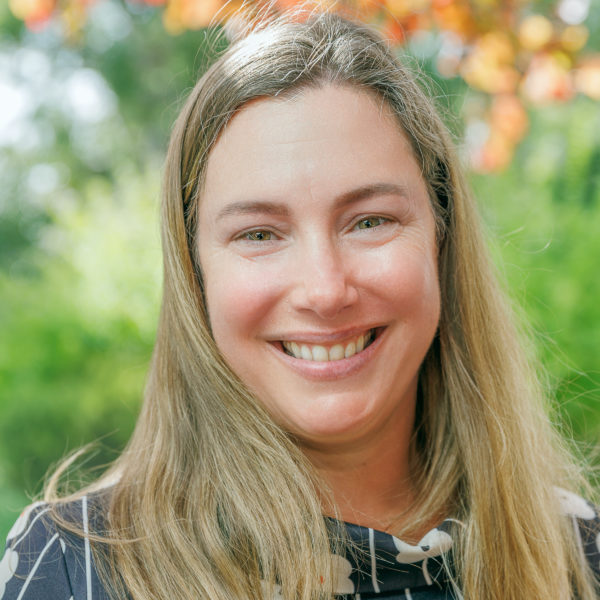Industrial fishing is a dangerous, difficult job: workers endure long working hours, cramped living conditions, inadequate provision of food and water, and low wages. This work is taking place in a context of rapid social–ecological change, whereby ocean warming and acidification alter fish distribution, overfishing is rampant, and seafood has become a global commodity enmeshed in complex value chains with opaque governance. Labour challenges on industrial fishing vessels are also the result of other marginalizations, including a reliance on migrant labour, the lack of unionization amoung fish workers, weak policy compared to other seafarers, and differences in policy interpretation at the port-level. This project pays attention to several African ports of global fishing importance, including Cape Town, South Africa, to examine how the constellation of actors involved in port management can impact (positively, but also negatively) migrant fish worker lives during the moments when industrial fishing vessels dock at port to offload fish, change crew, or take stock before continuing on a particular fishing voyage.
Menu
Related news
Related news
Related publications
Related publications
Journal Article
Marschke, Melissa and Peter Vandergeest. 2023. Migrant workers in Irish fisheries: exploring the contradictions through the lens of racial capitalism. Global Social Challenges Journal, 2(2), 146–167. https://doi.org/10.1332/27523349Y2023D000000003
Share this project:
Share on whatsapp
WhatsApp
Share on email
Email
Share on facebook
Facebook
Share on twitter
Twitter
Share on linkedin
LinkedIn
Is any information on this page incorrect or outdated? Please notify Ms. Nel-Mari Loock at [email protected].

